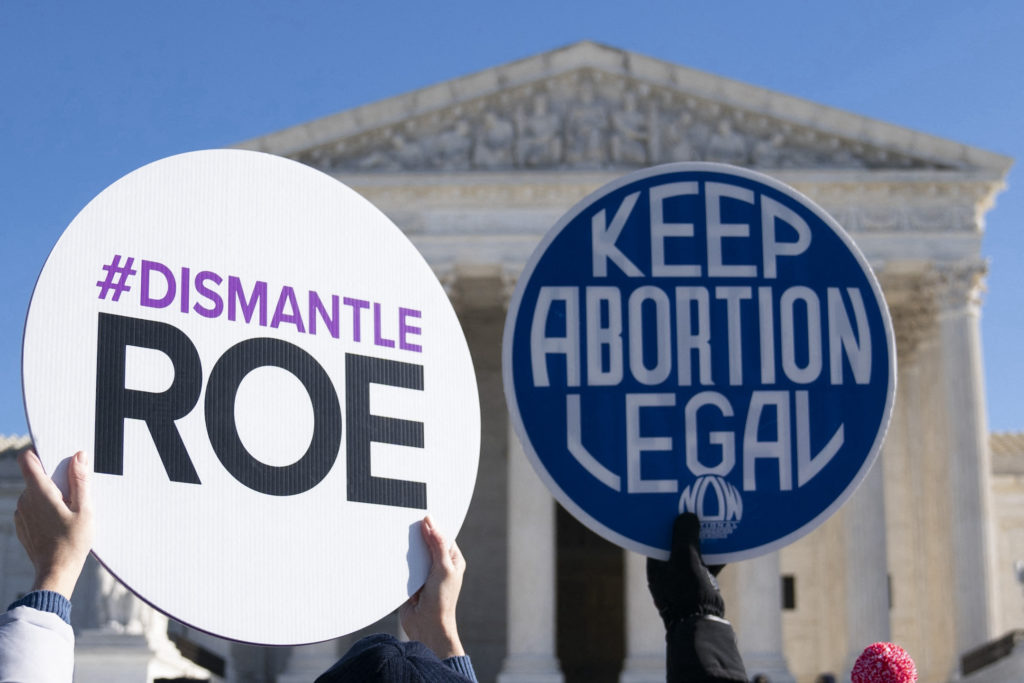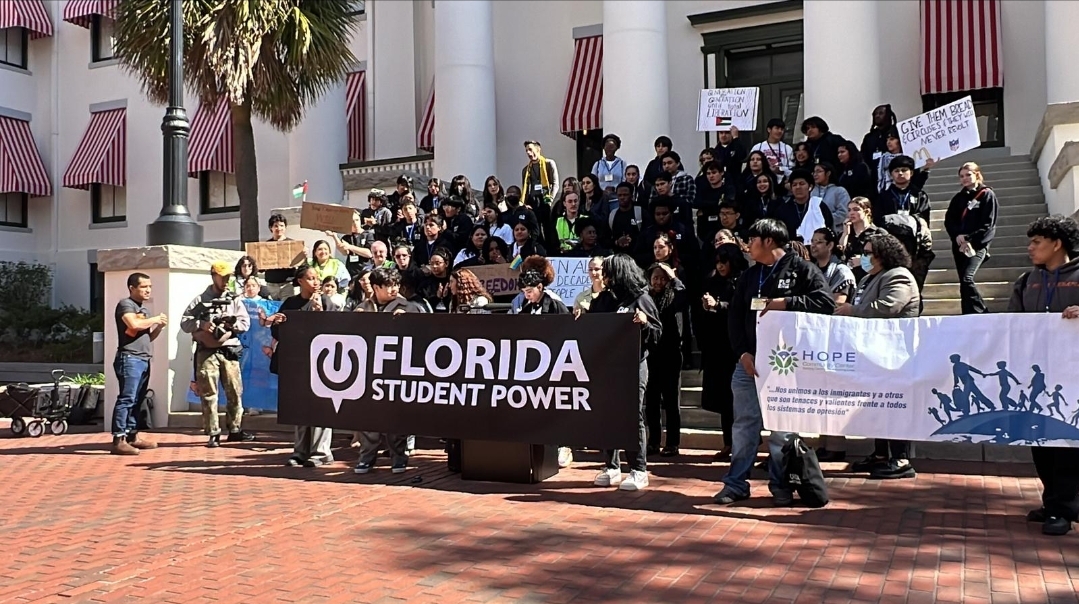Following Donald Trump’s role in the January 6th insurrection, groups in several states have fought to remove the former president from the ballot in 2024. Most rulings favor Trump staying on the ballot, with the exceptions of Maine and Colorado, which have tentatively determined Trump to be disqualified due to the 14th Amendment.
The 14th Amendment, particularly Section 3, has been at the forefront of this legal challenge. Written to stop Confederates from running for office after the Civil War, some argue that it may also apply to former President Trump’s actions. Verbatim, Section 3 of the 14th Amendment reads “No person shall be a Senator or Representative in Congress, or elector of President and Vice-President, or hold any office, civil or military, under the United States, or under any State, who, having previously taken an oath, as a member of Congress, or as an officer of the United States, or as a member of any State legislature, or as an executive or judicial officer of any State, to support the Constitution of the United States, shall have engaged in insurrection or rebellion against the same, or given aid or comfort to the enemies thereof. But Congress may by a vote of two-thirds of each House, remove such disability.”
The two main legal challenges are whether, for one, this clause applies to the office of the President, and two, whether Trump’s actions classify him as having engaged in insurrection at all. These two factors are what will make or break the Court’s decision. The individual states’ decisions are not likely to bear much impact as the Supreme Court will rule on the matter, having the final say.
On February 8th, the Supreme Court will hear arguments about the case. Regarding the case, AP US Government teacher Mr. Whitcomb expressed hope that the Supreme Court will unanimously rule in favor of Trump. He also stressed the importance of giving Trump his due process, stating, “We are [entitled to] due process. I teach my classes this. Whenever you are accused of a crime, the government has certain rights that they must provide to you.” Furthermore, he added, “If you think [Trump] was treasonous or committed insurrection, then he deserves a court date.”
Following the Iowa Caucus, where Trump won with a 30-point advantage over DeSantis and Haley, Ron DeSantis promptly suspended his presidential campaign, and endorsed the former president, leaving only Trump and Haley as the remaining Republican candidates. This would lead to an interesting scenario in the unlikely event that the Supreme Court rules against Trump. In all likelihood, it won’t be something to worry about.
Whether you support Trump or not, the upcoming Supreme Court decision could have major consequences in the race for the Presidency. In the meantime, you can register to vote here, and the Florida Primaries will be held on March 19th, 2024.
UPDATE: On March 4th, 2024, the Supreme Court unanimously ruled that Trump cannot be removed from the ballot, ruling that the insurrectionist clause is supposed to be enforced by Congress, rather than the states.







